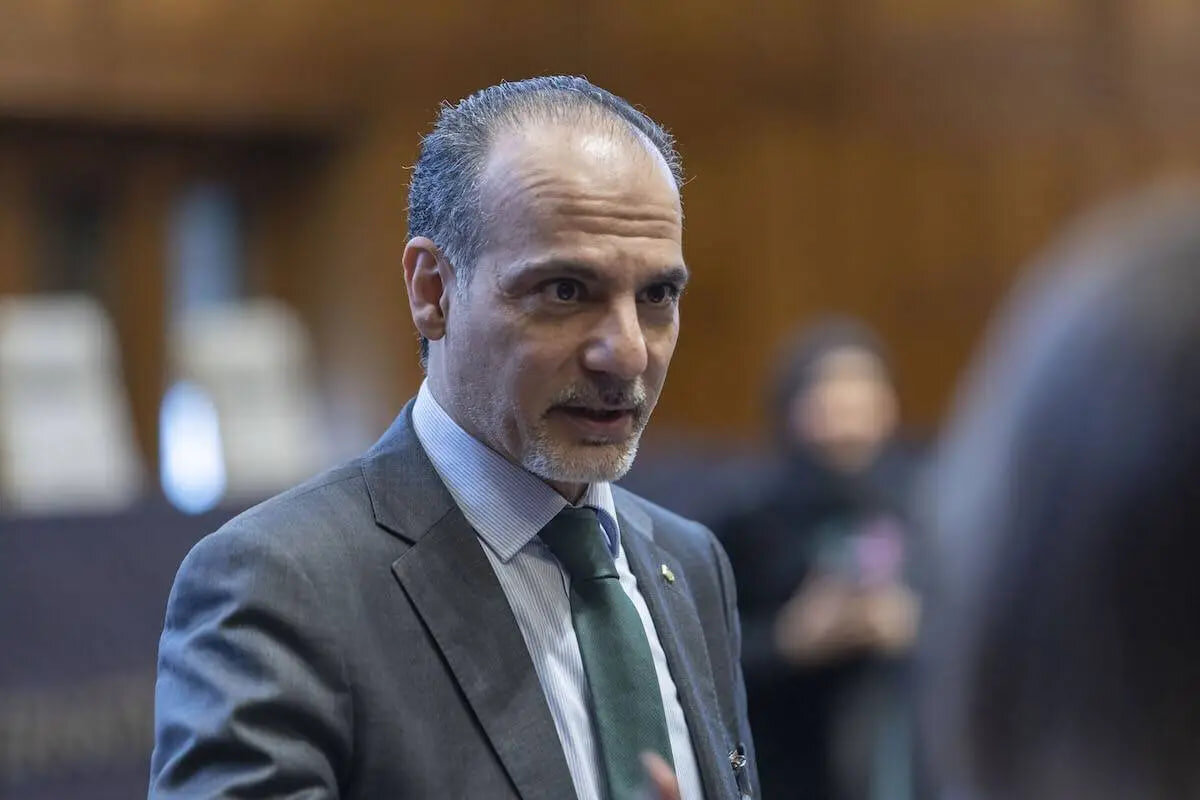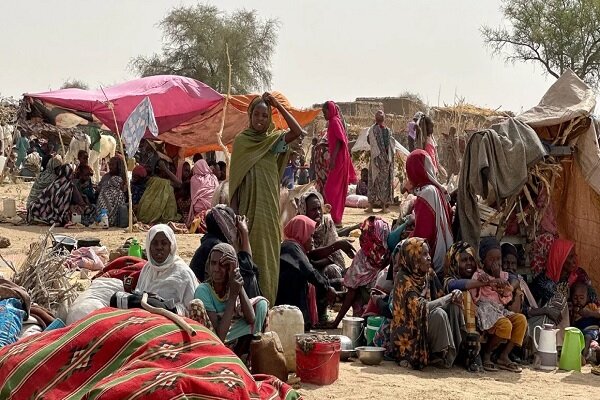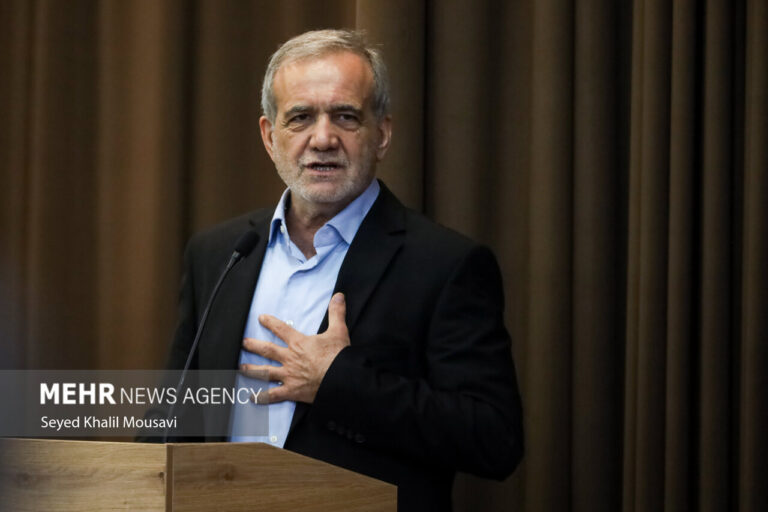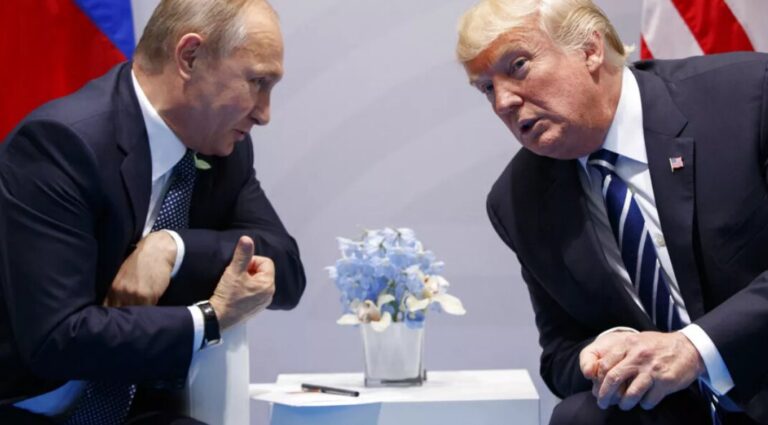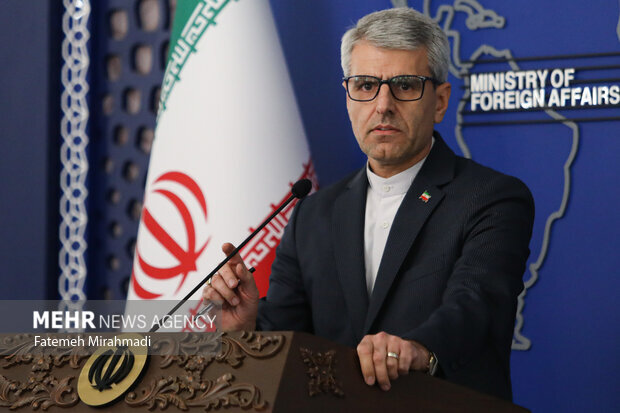Palestinian Envoy to ICJ Claims Israel is Weaponizing Gaza Aid in Ongoing Conflict
The ongoing humanitarian crisis in Gaza has drawn significant international attention, particularly regarding Israel’s actions and the implications for humanitarian aid. A Palestinian envoy recently addressed the International Court of Justice (ICJ), asserting that Israel has weaponized humanitarian aid amidst the dire situation in Gaza.
Palestinian Ambassador to the Netherlands, Ammar Hijazi, made a compelling case on Monday in The Hague, stating, “These are the facts. Starvation is here. Humanitarian aid is being used as a weapon of war.” He emphasized the severe consequences of the Israeli blockade, which has persisted for months, leading to a humanitarian catastrophe.
Hijazi highlighted the grave situation faced by Palestinians, stating, “Israel is starving, killing and displacing Palestinians while also targeting and blocking humanitarian organizations trying to save their lives.” His statements come as the ICJ commenced hearings following a 2024 request from the UN General Assembly to assess Israel’s responsibility regarding the humanitarian crisis affecting Gaza.
Key points from the Palestinian envoy’s address include:
- Israel has imposed a blockade that prevents humanitarian supplies and fuel from entering Gaza.
- The Israeli Supreme Court has upheld this blockade by rejecting numerous petitions aimed at allowing aid into the region.
- This blockade has resulted in a man-made humanitarian catastrophe, leading to deaths by starvation.
Irish lawyer Blinne Ni Ghralaigh, representing Palestine at the ICJ, asserted, “Israel’s actions are not only inhumane but genocidal, as concluded by the UN Commission of Inquiry and broadly agreed upon by the human rights community.” She further stated, “Israel continues to block UN-mandated investigatory bodies from Gaza while destroying and burying evidence of its crimes.”
The hearings are set to continue throughout the week, with participation from 38 countries, including major powers such as the United States, China, France, Russia, and Saudi Arabia. The League of Arab States, the Organization of Islamic Cooperation, and the African Union are also expected to present their arguments regarding Israel’s obligations to facilitate the delivery of aid to Gaza.
The ICJ, often referred to as the World Court, has been mandated by the UN to deliver an advisory opinion “on a priority basis and with the utmost urgency.” While the ruling from the ICJ is nonbinding, it holds the potential to significantly pressure Israel, especially as a growing number of international courts have issued unfavorable rulings against its actions.
The situation escalated dramatically on October 7, 2023, when Israel launched what has been described as a war of genocide in Gaza, following Hamas’s Operation Al-Aqsa Flood in response to intensified Israeli actions against the Palestinian population. Despite a ceasefire agreement reached last January, which was a response to the Israeli regime’s inability to fulfill its objectives, conditions deteriorated rapidly.
From March 2, Israel began cutting off food, medical supplies, and other forms of assistance to the 2.3 million residents of the Gaza Strip. This action occurred just two weeks prior to the breakdown of a two-month ceasefire and prisoner exchange agreement.
According to the Palestinian health ministry, the toll from the conflict has been catastrophic, with reports indicating that a staggering 52,314 Palestinians have lost their lives and 117,792 others have sustained injuries since the onset of the conflict on October 7, 2023.
The ongoing hearings at the ICJ are crucial in determining the international legal dimensions of the situation in Gaza and may influence future humanitarian policy and intervention efforts. As the crisis unfolds, the eyes of the world remain on both the court proceedings and the humanitarian implications for the people of Gaza.
As global awareness of this humanitarian disaster increases, the call for accountability and action regarding humanitarian aid access grows louder. The international community watches closely as the ICJ deliberates on these critical issues, hoping for a resolution that prioritizes human rights and humanitarian needs.
In conclusion, the humanitarian crisis in Gaza, exacerbated by the ongoing conflict and blockade, raises urgent questions about international law, human rights, and the responsibilities of nations in times of crisis. The outcomes of the ICJ hearings could have far-reaching implications for the future of humanitarian aid and the protection of vulnerable populations.
For more updates on this developing situation, stay tuned to reliable news sources.
